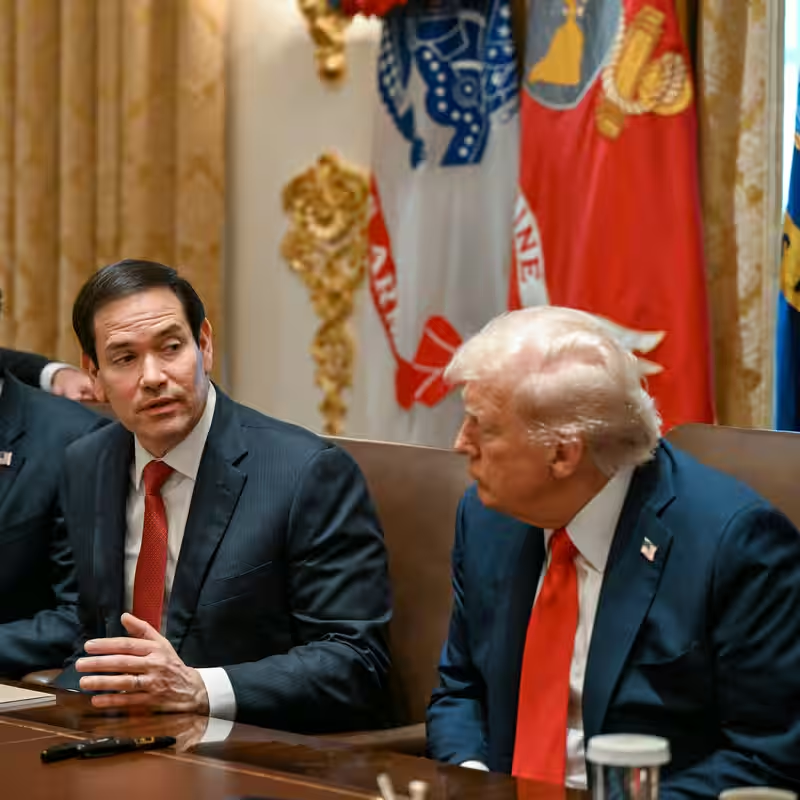Table of Contents
- Conflicting Reactions from the White House
- Marco Rubio’s Longstanding Support for Machado
- When the Nobel Prize Becomes Political
- What Comes Next for U.S.-Venezuela Relations?
- Sources
Conflicting Reactions from the White House
When the Norwegian Nobel Committee awarded the 2025 Nobel Peace Prize to Venezuelan opposition leader María Corina Machado, the Trump administration didn’t hold back. Steven Cheung, White House communications director, quickly took to social media to denounce the decision: “The Nobel Committee proved they place politics over peace.”
The criticism wasn’t just rhetorical—President Trump had reportedly been actively lobbying for the prize himself, hoping to cap his second term with global recognition. But behind the scenes, a key member of Trump’s inner circle had been quietly rooting for Machado all along.
Marco Rubio’s Longstanding Support for Machado
Secretary of State Marco Rubio, who also serves as Trump’s national security adviser, is no stranger to Machado’s cause. In fact, just last August—while still a U.S. Senator from Florida—Rubio co-signed a letter with seven other Republican lawmakers urging the Nobel Committee to honor Machado.
The letter described her as “courageous and selfless,” praising her “unyielding dedication to the pursuit of peace and democratic ideals.” Other signatories included Senator Rick Scott and former Congressman Michael Waltz, who now serves as U.S. Ambassador to the United Nations.
Key Supporters of Machado’s Nobel Nomination
| Lawmaker | Role (as of August 2024) | Current Role (2025) |
|---|---|---|
| Marco Rubio | U.S. Senator (FL) | Secretary of State & National Security Adviser |
| Rick Scott | U.S. Senator (FL) | U.S. Senator (FL) |
| Michael Waltz | U.S. Representative (FL) | U.S. Ambassador to the UN |
This public endorsement from high-ranking Republicans underscores Machado’s symbolic importance in the fight against authoritarianism in Latin America—and highlights a rare policy alignment between Rubio and progressive international institutions.
When the Nobel Peace Prize Becomes Political
The Nobel Peace Prize has long walked a fine line between moral recognition and geopolitical messaging. This year’s award to Machado—a fierce critic of Nicolás Maduro’s regime—sends a clear signal of support for democratic resistance in Venezuela.
Yet Trump’s public rebuke reveals a deeper tension: while his administration touts “America First” foreign policy, key appointees like Rubio continue to advocate for global democratic values—even when it contradicts the president’s personal ambitions.
What Comes Next for U.S.-Venezuela Relations?
With Machado now holding one of the world’s most prestigious honors, pressure may mount on the Trump administration to take stronger action against the Maduro government. Rubio’s dual role—as both Secretary of State and a longtime Machado ally—could position him as a bridge between Trump’s transactional diplomacy and traditional U.S. support for human rights.
Observers are watching closely to see whether this internal divide leads to policy shifts or remains a quiet footnote in an already turbulent administration.




